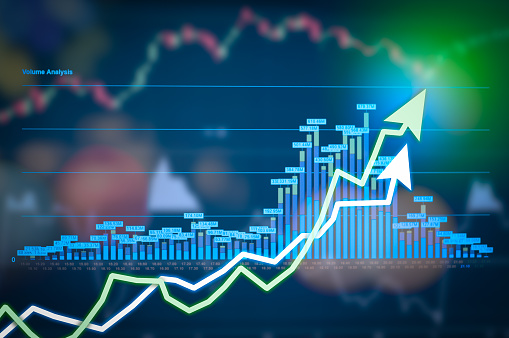A free market economy is a country that has very few government regulations and minimal tariffs. However, this does not mean that the products and services are completely free from quality and safety concerns. In a free market economy, the primary goal of producers is to make a profit, but this should not come at the expense of consumers or workers. In addition, companies should not compromise on safety, ethical conduct, or environmental standards. While many countries claim to have a free market economy, each one has laws that protect intellectual property and prevent companies from making false claims about safety and environmental standards.
A free market economy works because consumers’ wants determine the prices of goods and services. In a free market economy, the government does not regulate production and is left to the market to decide on the price. The government also stays out of the way of supply and demand. The businesses and individuals own the means of production, and supply is determined by market forces. The wages of workers and production output are determined by these forces. In contrast, a command economy is run by a central government that controls production and employment.
Free market economies are often more efficient because prices are determined by demand and supply, not by government regulation. Competition motivates individuals and businesses to work hard, which in turn benefits the economy. This also leads to high economic output, which is good for the economy. A high economic output also means that the economy is more efficient and less wasteful.
While the term free market economy may seem a bit abstract, it’s important to know what it means. A free market is one in which consumers buy and sell goods and services according to their own preferences and the laws of the market. Free markets allow producers to set prices based on the changing preferences of their clients.
A free market economy is an economy where individuals are free to make the best decisions. A free market economy is one where individual rights are protected and businesses compete to attract the best workers. This system allows individuals to compete with each other to achieve their goals and realize their full economic potential. If the government is not too intrusive, a free market economy will be a more prosperous society.
While a free market can result in economic prosperity, it can also be a source of economic disaster. Because governments do not regulate externalities and protect the environment, a free market may encourage companies to cause harm to the environment. In addition, free markets may not encourage people to buy enough merit goods, which are goods that are beneficial to both individuals and society. This is why some people argue against free markets and instead favor a government-funded merit goods system.
However, despite its alleged dangers, free market economies are the best choice for a healthy, free society. The principles of free market capitalism can benefit consumers, and the free market can improve the quality of life of everyone. However, it also raises ethical questions, as the free market often relies on laws of supply and demand.



